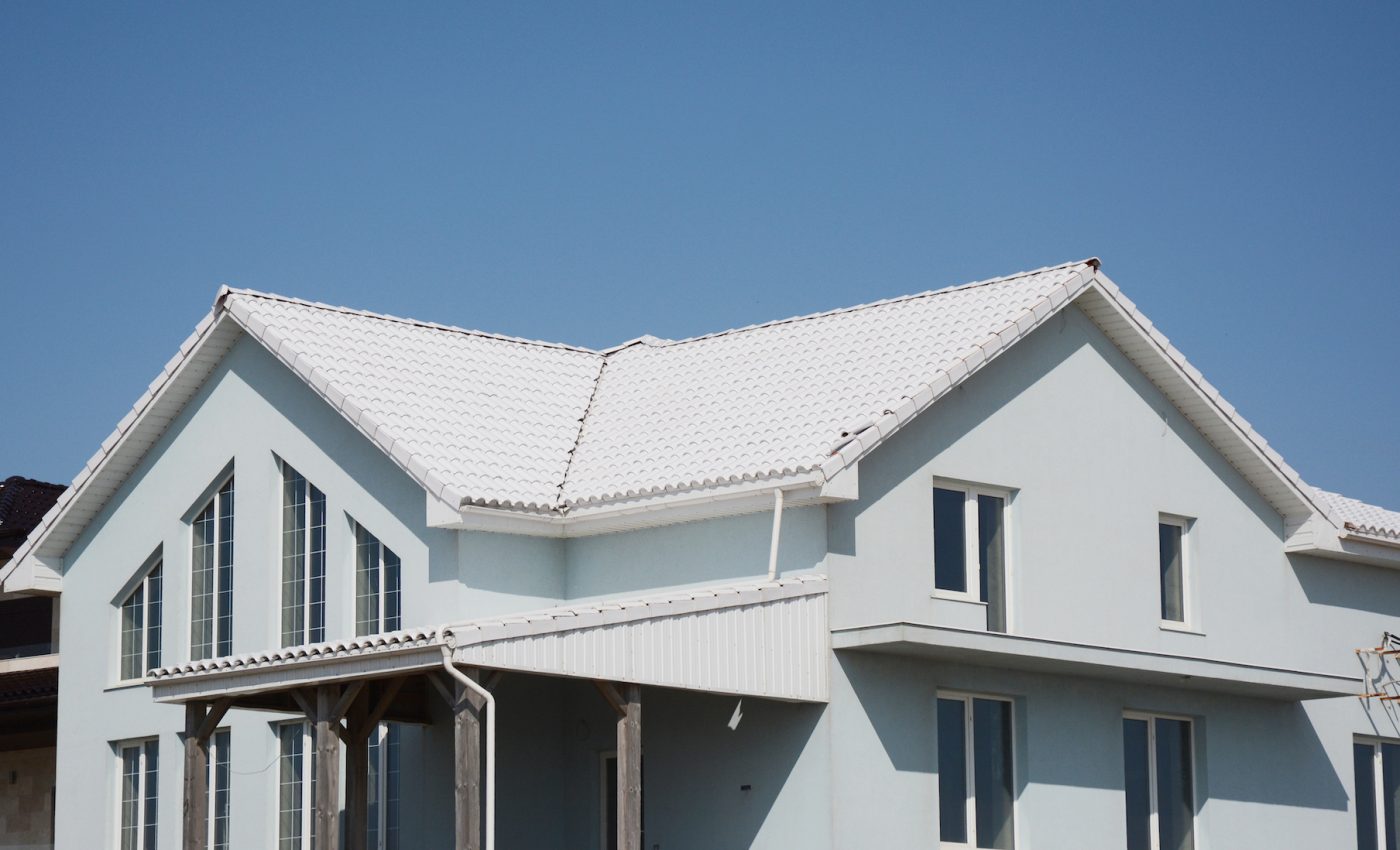
Cool roofs can reduce overheating in cities and save lives
Heat waves, drought, and hotter summers are all becoming more frequent due to climate change, and sweltering summer heat waves are often exacerbated by the “urban heat island” effect in cities worldwide.
The lack of vegetation and moisture in cities, coupled with heat-storing blacktop, concrete, and asphalt roof shingles increases city temperatures compared to surrounding rural areas.
Dangerous heat waves can increase the risk of heat stroke and heat-related mortality, but the urban heat island effect makes cities even more hazardous during heat spikes.
But there may be a surprisingly simple solution, according to a new modeling study conducted by researchers from the University of Oxford.
Painting roofs so that the materials reflect rather than absorb heat could go a long way in mitigating the urban heat island effect and help keep cities cooler during heat waves.
The results, published in the study Environment International, show that cool roofs in cities could reduce peak daytime temperatures by three degrees Celsius during a heat wave.
For the study, the researchers used a regional weather model and assessed temperature changes across Birmingham and the West Midlands in the UK to investigate how the installation of cool-roofs influenced regional temperatures.
During 2003 and 2006, when Birmingham experienced particularly hot summers, the model revealed that the urban heat island effect increased temperatures by nine degrees Celsius compared to surrounding rural areas.
The researchers found that cool roofs could reduce peak daytime temperatures and that the cool roofs had the biggest impact during the hottest part of the day.
If just half of all industrial and commercial buildings in the area switched to a cool roof, the model projected that temperatures would decrease as much as if all the high-intensity residential buildings in the region had cool roofs.
Cool roofs could also reduce the risk of heat-related mortality during a heat wave by 25 percent.
“Climate change and increasing urbanisation mean that future populations are likely to be at increased risk of overheating in cities, although building and city scale interventions have the potential to reduce this risk,” the researchers write in their abstract.
—
By Kay Vandette, Earth.com Staff Writer












